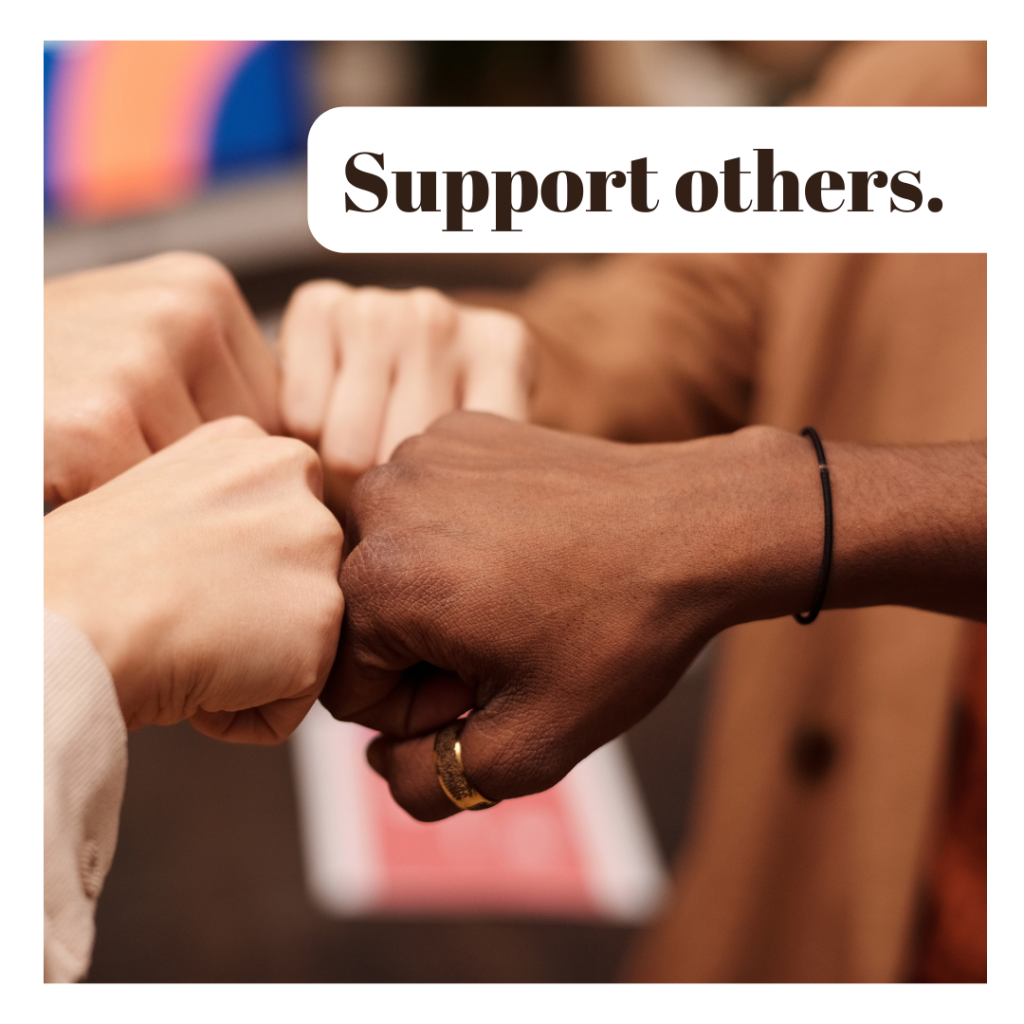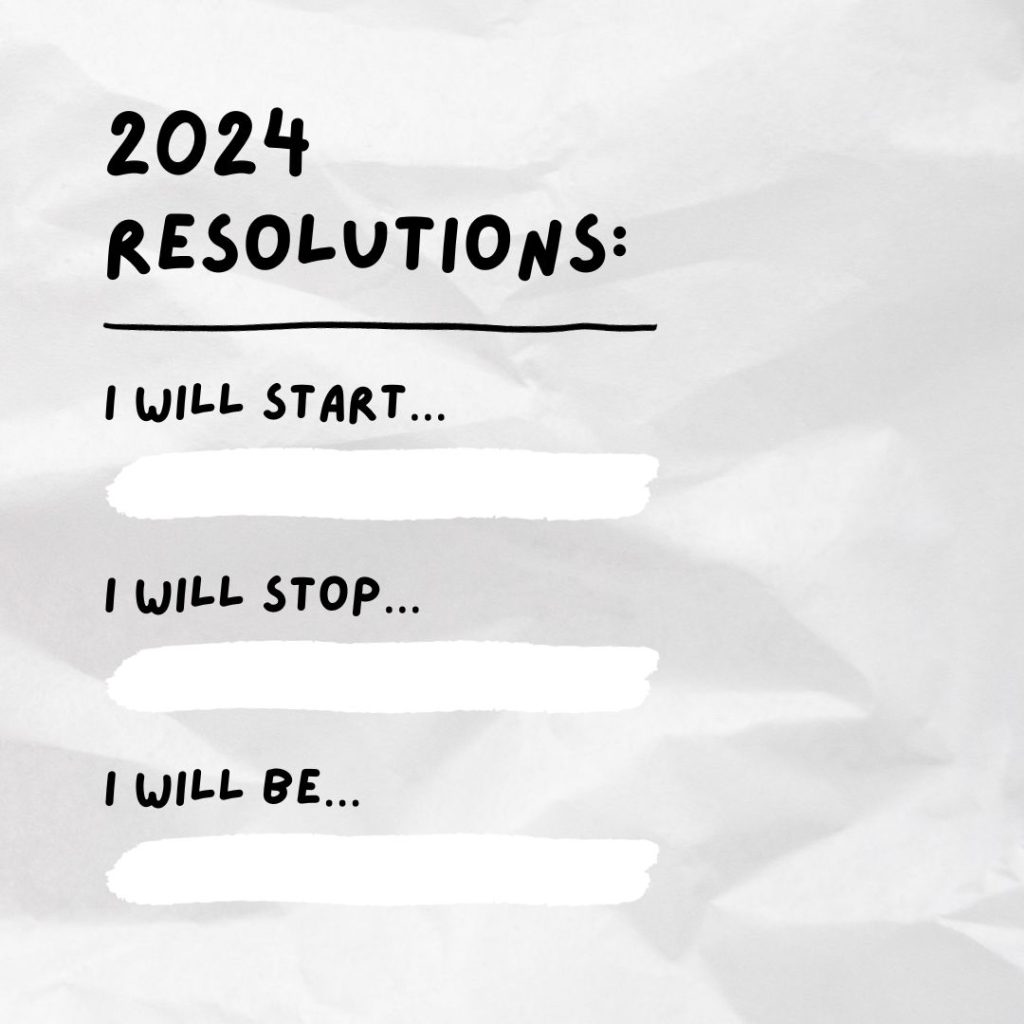Heading Back to School: Thoughts with Dr. Hawkins
 It seems that August is the “back to school” month. Some dread it and some look forward to it, kids and parents alike. Transitioning from summer to school brings a number of changes and challenges. However, there are a number of things you can incorporate to ease this transition! You might be thinking, “how can we prepare for school now, we’re trying to enjoy the last weeks of summer?”
It seems that August is the “back to school” month. Some dread it and some look forward to it, kids and parents alike. Transitioning from summer to school brings a number of changes and challenges. However, there are a number of things you can incorporate to ease this transition! You might be thinking, “how can we prepare for school now, we’re trying to enjoy the last weeks of summer?”
Continue reading for some thoughts from Dr. Hawkins on creating a smooth transition back into the classroom, for you and your kids.
As children and young adults head back to school this fall, it is crucial for parents, caregivers, and other stakeholders to recognize that the return to the classroom can be challenging for some. To help students flourish academically, it is essential to establish structured yet flexible routines, adopt a growth mindset, and create environments where they can express themselves authentically at home, school, and within the community.
Structured and Flexible Routines– Begin establishing daily and nightly routines as soon as possible. Consistency and clear expectations help children and young adults thrive. Involve them in creating schedules that include morning and evening routines, mealtimes, relaxation, and reflective periods.
Growth and Flexible Mindset– Perfection is unattainable, so be prepared for delays and exercise patience. Encourage children and young adults to face challenges directly and to problem-solve, taking responsibility for their actions. Emphasize their strengths and use them to address weaknesses, helping them to grow and manage their emotions.
Finding Voice– Provide opportunities for children and young adults to discover and exercise their voice. While you cannot give them their voice, you can create spaces for them to speak up, remain curious, and be their authentic selves.
Share your favorite strategies for managing anxiety about the first day of school?
Positive Self-Talk and Affirmations (e.g., “I am…,” “I can…,” “I will…,” “I am learning to…,” “I love…”)
Visual Sensory Activities (e.g., envisioning picking out a favorite outfit for the first day of school, the car or bus ride to school, reconnecting with friends)
Mindfulness Exercises (e.g., belly breathing, grounding exercises, meditation)
Physical Activities (e.g., organized sports, walking, running)
Being Present, Rest, and Reflection
How can parents help prepare their kids for the change in their daily routine/schedule?
Embrace a Flexible Mindset– Flexible thinking is as crucial as planning for academic success. Model how to adapt to changes without losing emotional control. Focus on what you can control and involve your children and young adults as partners in problem-solving. Encourage creativity and the use of imagination.
Affirm and Validate– Affirm by asserting, committing, and advocating in a firm and civil way (e.g., “I stand with you!”). Validate by listening and recognizing their feelings, helping them feel understood and accepted (e.g., “I hear and see you!”).
Encourage the Creation of a Support Team– Collaboration and support from trusted individuals are vital during transitions and changes. Early identification of these people and defining their roles can help leverage their skills and resources for academic success. Determine what roles family members, friends, and teachers should play in their academic journey.






